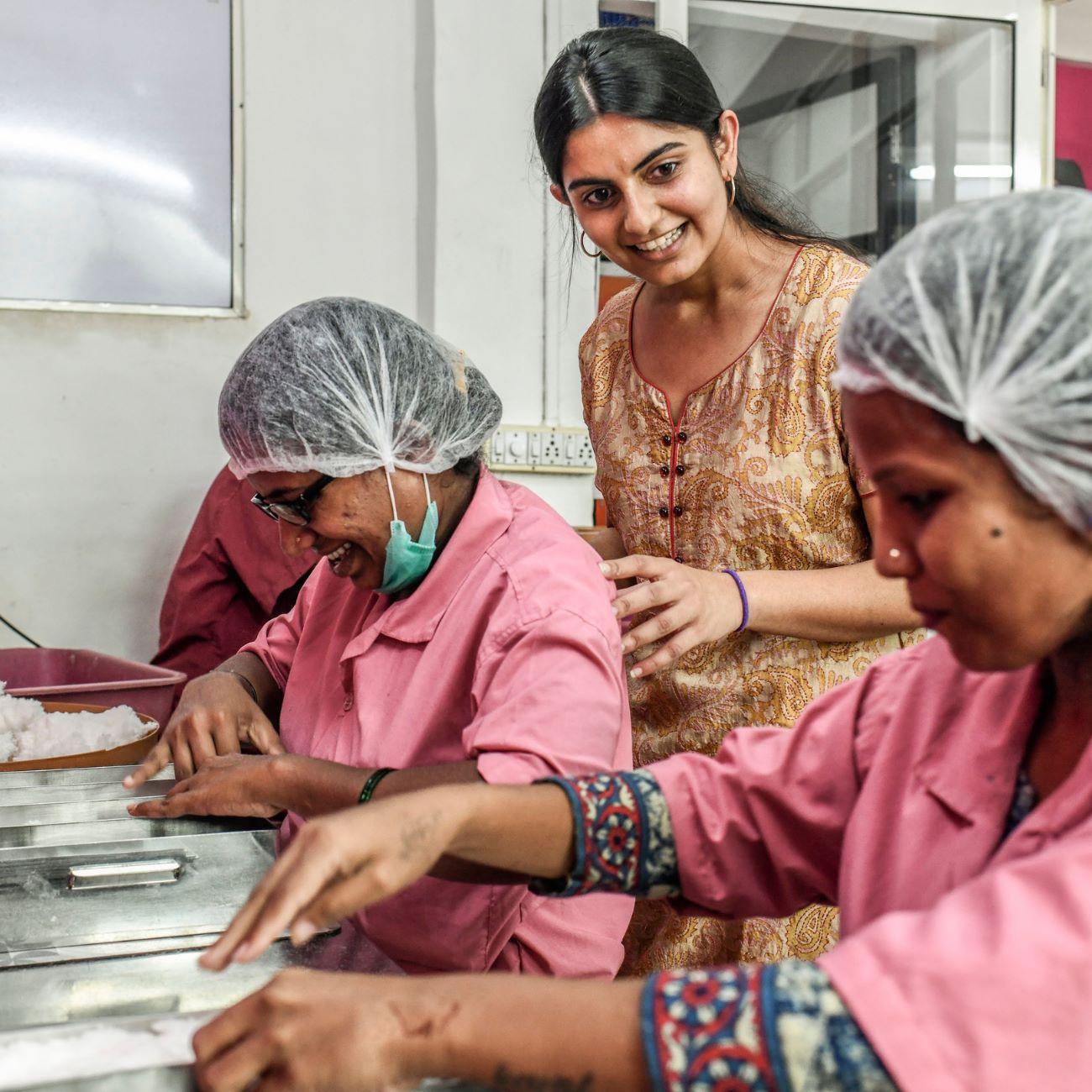Better stats. Better science. Better outcomes.
All of us are exposed to hundreds of synthetic chemicals every day with unknown effects on our health. That’s worrisome enough, but some chemicals could threaten healthy pregnancies by interfering with the rapid physiological changes that take place during growth and development.
In a sea of chemical exposure, how can researchers pinpoint which ones might be critical for pregnant women to avoid? It’s difficult question to answer, says Amy Herring, the Sara and Charles Ayres Distinguished Professor of Statistics at Duke. The chemicals are so ubiquitous that virtually everyone has some exposure. Add to that, it’s unethical to purposely expose anyone to potentially harmful chemicals during a research trial, making it impossible to do a randomized controlled study.
That means researchers have to conduct observational experiments, in which they measure the levels of one or more chemicals in a pregnant woman’s blood or urine to assess her exposure. Then they follow the baby’s developmental progress over months or years to see if they can discern any effect.












